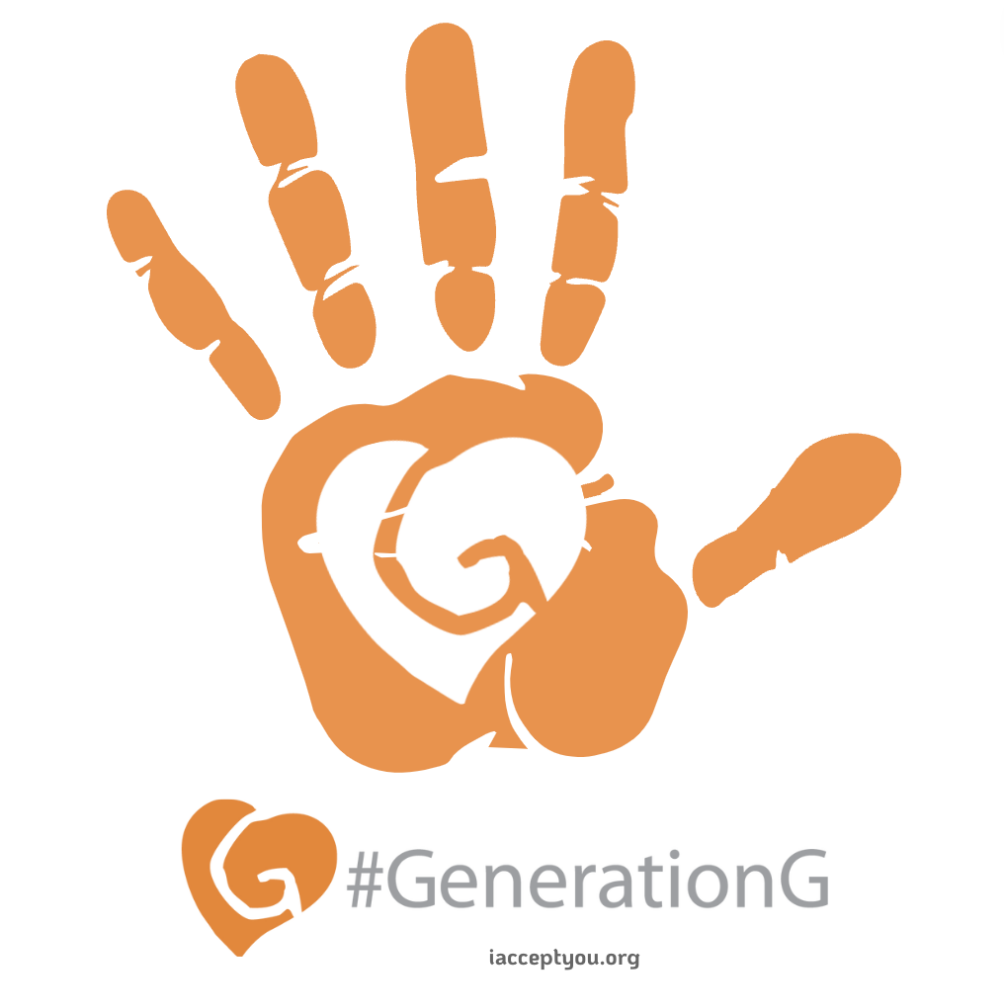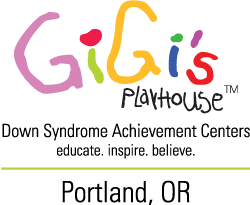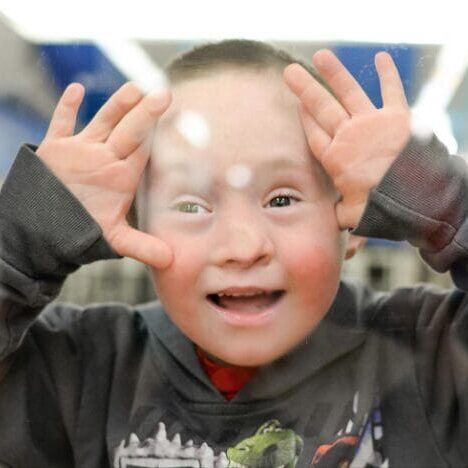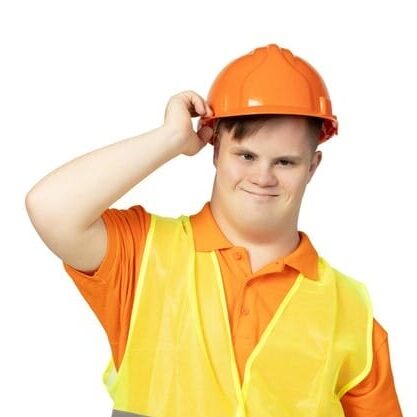Helping Improve Communication Among Individuals with Down Syndrome
Radha Joy, Committee Member — Programs (MS-CCC, SLP)
Radha Joy shares her experience as a speech pathologist and expresses the need to go broader and deeper with communication skills development for individuals with Down syndrome.
I believe that communication and connection are the keys to a happy life. As a highly social extrovert, over-engager, and over-communicator, that’s easy for me to say. As a professional speech pathologist and a mother of twins (one of whom is living with Down syndrome), it’s also something I experience every day.
Although I have been a speech language pathologist for 17 years, I’ve become a much better clinician and speech therapist since giving birth to my boys. At the time, I’d been practicing for five years, but I had never served a student with Down syndrome (DS). Ater having my own kiddo with DS, I now get so excited whenever I have the opportunity to work with a student with DS. Here’s why!
Individuals with DS have many areas of speech and language to work on. For example, Unlike the traditional articulation student with a lateral mushy lisp or the child who struggles to form the /r/ sound (the non-rhoticity commonly associated with a Boston accent), kids with DS typically have communication needs across all areas of speech and language. That’s why I’m so shocked when I hear a clinician or specialist say that a child with DS is communicating at a level commensurate with their cognitive level — or has either been dismissed or disqualified for specialized help in these areas.
To me, this sounds like someone who just doesn’t want to work with an individual with DS.
So, here’s what this blog is really about: Articulation of speech sounds is just one of many areas in which we can help children with DS to communicate more effectively.
Multimodal communication
- Sign and gestural language
- Using sign and visuals to augment communication
- Written and pictorial communication
Language skills
- Broadening and expanding vocabulary
- Practicing asking and answering questions
- Using question forms
- Lengthening sentences and utterances
- Complex sentence forms with conjunctions
- Repeating and following multi-step instructions
- Topic maintenance and bridging conversational skills
- Using “on topic” comments, finding commonalities, and asking follow-up questions
Oral speech skills
- Speech intelligibility and clarity
- Articulation of speech sounds
- Production of multisyllabic words
- Pragmatic and other paralinguistic skills.
Communication has many aspects beyond the production of speech and language. Factors such as volume, rate, pausing, intonation, proximity, and non-verbal communication all impact the communication and the clarity of the message. For example, speaking too fast can make someone almost unintelligible. Having someone without any intonation sounds really boring and hard to listen to and get meaning from.
Strengthening communication skills among individuals who experience Down Syndrome can be a powerful tool in combating disparity and discrimination. I believe that the better spoken our kids are, the more respected and valued their position in life will be. If someone can’t hold a conversation, they’re often judged for their lack of cognitive skills. It’s unfair, but society largely perceives individuals with DS as being less. Let’s change that perception in every way we can.
That’s why I’m so excited that Portland will soon have its own GiGi’s Playhouse Down Syndrome Achievement Center. GiGi’s understands that realized potential is instrumental in building confidence and sense of belonging — and offers speech therapy, social groups, and alternative outlets for lots of communication to expand those skills.
Please continue to work daily with the person in your life who is experiencing DS and make sure to check out the FREE programs at GiGi’s Playhouse Portland when it opens this year.
Questions? Please shoot me an email at rjoy@gigisplayhouse.org.
Recent Posts



